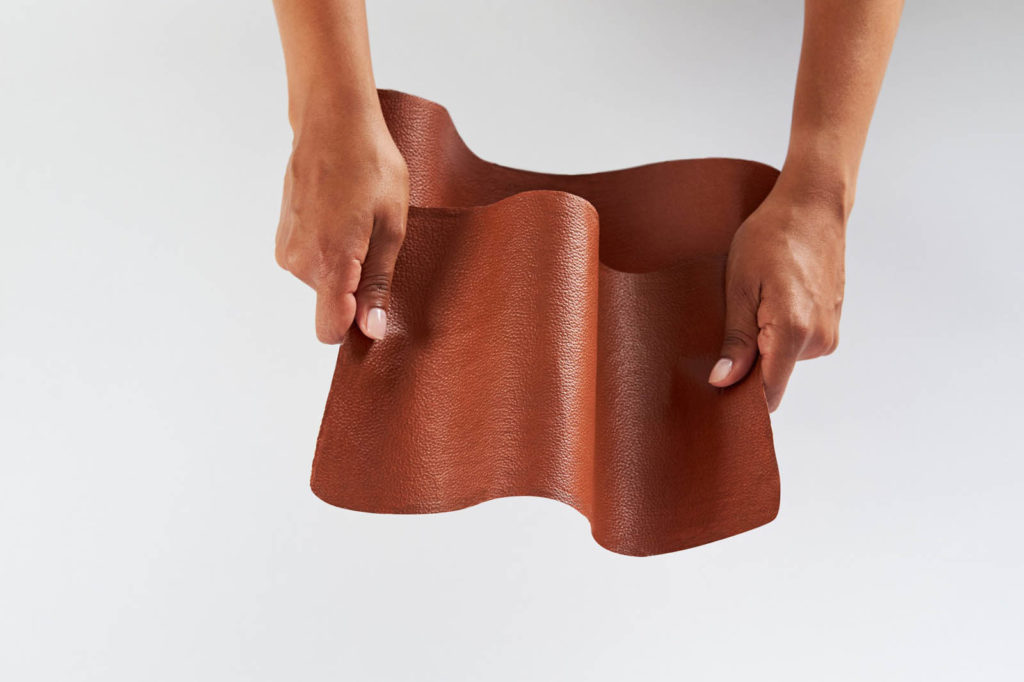
VitroLabs has raised $46 million to build and scale what it says is the world’s first pilot production of cell-cultivated leather. The biotech company, based in Milpitas, Calif., says that funding is led by Aronomics; among the additional investors are BESTSELLER’s Invest FWD, global luxury group Kering, Khosla Ventures, actor and environmentalist Leonardo DiCaprio, New Agrarian, and Regeneration.VC.
CEO Ingvar Helgason co-founded VitroLabs with the mission to create high quality materials that meet the standards of the luxury industry while drastically reducing environmental impact and promoting animal welfare.
“At a time when environmental stewardship is more important than ever, biotech companies have the opportunity to lead the way in changing how we produce materials and build supply chains,” says Helgason. “There has been an explosion of companies that are developing alternative materials to leather. However, at VitroLabs, our cultivated animal leather preserves the biological characteristics that the industry, craftsmen, and consumers know and love about leather, while eliminating the most environmentally and ethically detrimental aspects of the conventional leather manufacturing process associated with its sourcing.”
Since 2016, the company has been pioneering the cutting edge material made by using advanced tissue engineering processes to create cell cultivated animal leather from only a few animal cells. The company has made significant progress on product quality in the optimization of cell expansion processes and proprietary design of a novel, large-scale tissue cultivator.
In the fall of 2021, the company moved into its new, 45,000 square foot facility, designed for pilot production and laboratory space, as the company moves from the bench towards commercialization. The recent funding will be used to fast-track commercialization, with expansion of scientific, manufacturing, and business development teams.
 TEXTILES.ORG
TEXTILES.ORG


